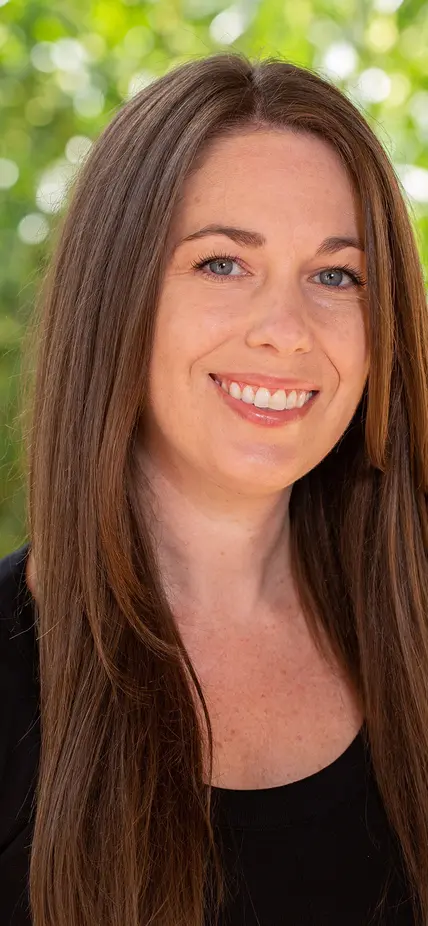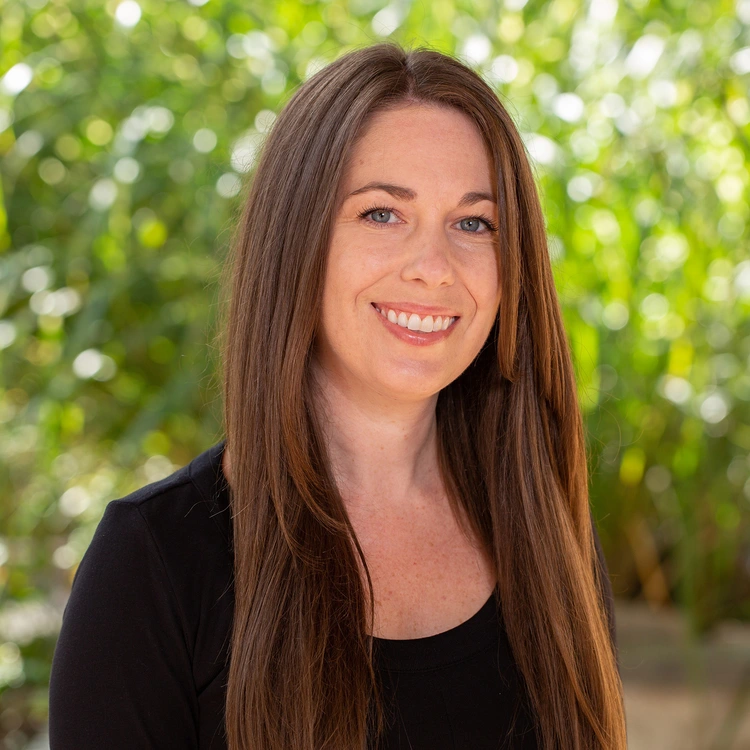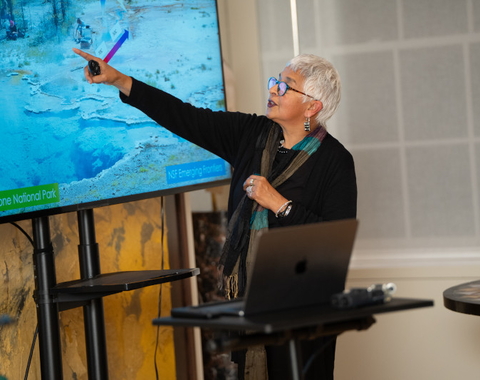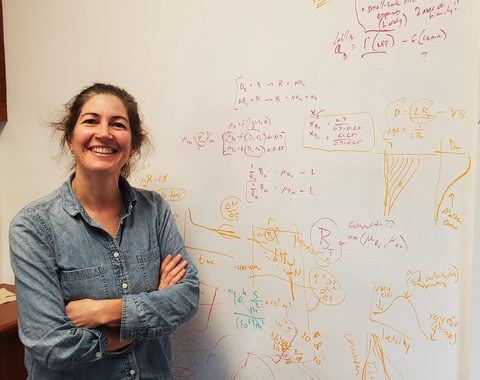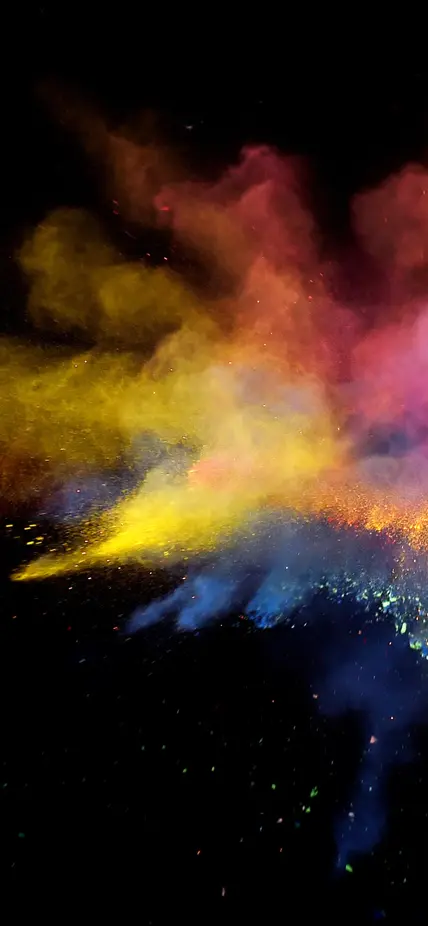This Women's History Month, we're celebrating remarkable women like Michelle Jordan in our Women of Influence series.
Jordan, is a high-temperature isotope geochemist and the Geochemistry Laboratory Manager at the Carnegie Science Earth and Planets Laboratory. She supports a broad array of projects in geochemistry and cosmochemistry. Her fascination with mineralogy, which sparked during her college years, propelled her into a career where she explores the isotopic and elemental compositions of rocky materials to decode the mysteries of Earth's formation and the evolution of the Solar System.
Join us as we uncover Jordan's journey, from her transformative undergraduate research experience to her work to advance our understanding of the Earth and beyond. Stay tuned for more inspiring insights from our Women of Influence series!
Q1: What initially sparked your interest in science?
Initially I was majoring in economics in college. I had an interest in environmental economics, but the environmental program was going through some restructuring and wasn’t offering many courses when I was hoping to pursue that path. I ended up taking a mineralogy class instead and I never looked back. I was completely fascinated with how much you could learn about the Earth from such a small component.
Q2: When did you first know you wanted to pursue science as a career?
During my senior year of college, I had the opportunity to do a research project involving geochronology. The project required me to be in the laboratory a lot. I absolutely loved the hands-on aspect of the work and was enamored with the idea of pursuing a career that didn’t require me to be at a desk constantly. At the time, I also liked the fact that it might allow me to spend time out in nature, but I ended up pursuing a PhD in cosmochemistry. With cosmochemistry, you typically collect your samples from museum or university collections, rather than out in the field.
Q3: Was there a particular experience or person who influenced or inspired you early in your scientific journey?
Definitely. I think I would have ended up on a very different path if not for my undergraduate research advisor. He was very passionate about geochemistry and he was an incredible teacher, both in the classroom and in the laboratory. He pushed me to pursue a more involved research project than I initially felt comfortable pursuing. I gained a great deal of skill and knowledge from working in his lab group.
